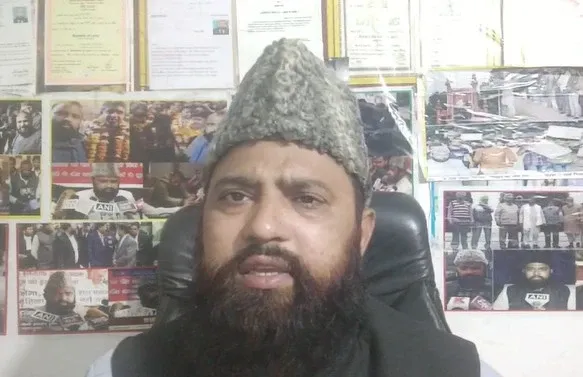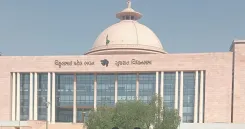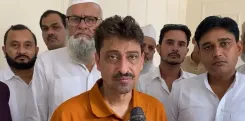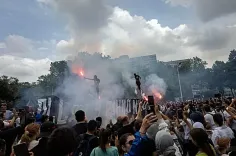How Did a Muslim Religious Leader React to 'Operation Sindoor'?

Synopsis
Key Takeaways
- Maulana Ibrahim Hussain commended 'Operation Sindoor' as a significant achievement.
- He condemned the use of religious institutions for terrorist training.
- True Islam promotes peace and humanity, not violence.
- He called for the complete eradication of terrorism.
- The operation has garnered support from various communities in India.
Aligarh, May 12 (NationPress) Muslim religious leader Maulana Chaudhary Ibrahim Hussain on Monday lauded the Indian armed forces for their successful operation known as 'Operation Sindoor' and vehemently condemned Pakistan for exploiting religious establishments such as mosques and madrasas to train terrorists.
"India has effectively dismantled Pakistan's terrorist networks. This is an unprecedented accomplishment. No other nation has achieved such precise strikes against terror camps within Pakistan, and our forces have returned safely after targeting military installations. This is an even greater triumph," he stated.
In response to Pakistan's assertions that their mosques and madrasas were under attack, the Maulana declared, "They claim we targeted their mosques and madrasas, but what type of mosques and madrasas are these that foster terrorism and destroy humanity? These sites should promote worship and humanitarian values, not be breeding grounds for terror."
He denounced the manipulation of Islamic symbols for terrorist activities, stating, "Which interpretation of Islam permits the spread of terrorism in its name? They are not Muslims; they are terrorists and agents of evil trying to poison society by distorting Islamic teachings."
Ibrahim Hussain emphasized that terrorism is a violation of the fundamental principles of Islam.
"They exploit the name of Islam to deceive innocent individuals, mislead the public emotionally, and draw them into terrorism. However, Islam advocates for peace, not violence," he asserted.
Calling for the complete eradication of terrorism, he added, "The actions of our military have instilled pride in every Indian. Yet, the only means to combat terrorism is to eradicate it entirely. If even one terrorist remains, he will deceive and mislead others in the name of Islam. Therefore, it must be eliminated from its roots."
The Maulana's comments come at a time of increasing support among various communities in India for the operation, which is perceived as a strong message to terror organizations and their state sponsors.







